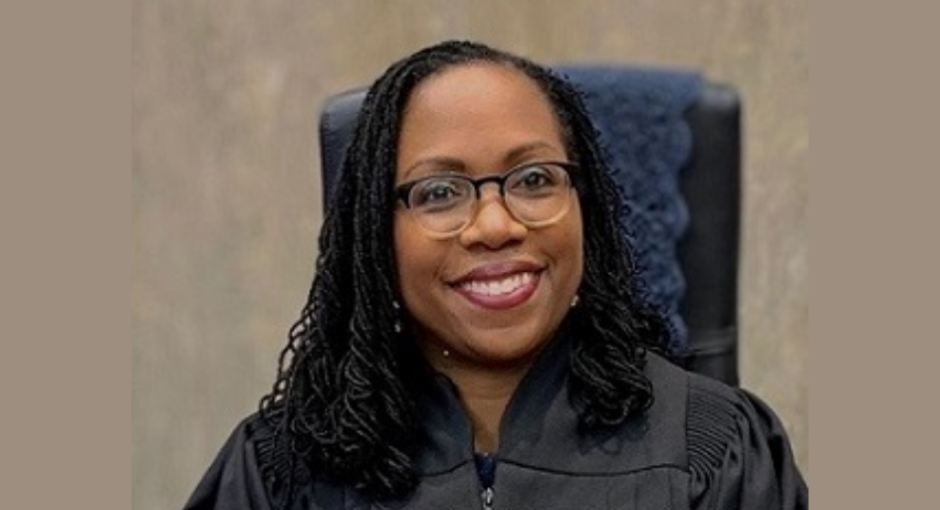In a 53-44 vote, the U.S. Senate yesterday confirmed President Biden’s nomination of Ketanji Brown Jackson, the federal district judge who has been assigned to two closely watched 340B-related lawsuits, for a seat on the U.S. Court of Appeals for the District of Columbia Circuit.
Jackson, who is considered a serious contender for a U.S. Supreme Court position under a Biden administration, is currently assigned to the lawsuits filed by community health centers’ and HIV/AIDS clinics’ separate lawsuits against the U.S. Health and Human Services Department (HHS) regarding the 340B program’s administrative dispute resolution process. Both cases are stayed for now, and joint status reports by the plaintiffs and defendants in each case are due this Friday, June 18.
Most federal judicial districts assign cases to judges using some variation of a random drawing.
According to federal judicial procedural rules, “If a judge conducting a hearing or trial is unable to proceed, any other judge may proceed upon certifying familiarity with the record and determining that the case may be completed without prejudice to the parties.”
Under the local rules of the federal district court for Washington, cases are assigned to judges by the clerk under the direction of a committee composed of three to five of the court’s judges. “All case transfers and reassignments shall be accompanied by formal notice to the chair of the Calendar and Case Management Committee and to the Clerk’s Office Liaison,” the rules say. “The Clerk will notify each of the judges involved and all counsel in the case of the reassignment.”
An attorney with experience before the federal district court in D.C. does not believe that there will be a significant delay or learning curve due to the transition.


